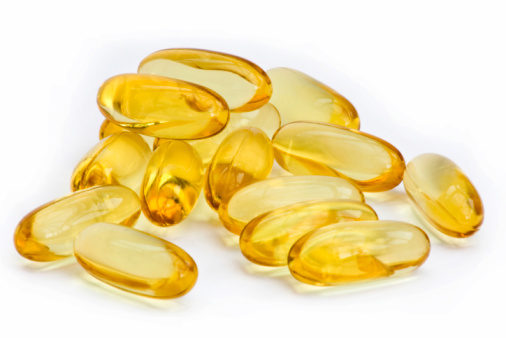The randomized controlled trial included 92 children, aged 6 to 18, with ADHD. Participants were given high doses of the omega-3 fatty acid EPA (eicosapentaenoic acid) or a placebo for 12 weeks. The researchers noted: "To our knowledge, this is the first study to report the effects of EPA monotherapy in ADHD, and the first study ever to use endogenous baseline PUFAs levels to stratify subjects in a PUFAs clinical trial."
The finding:Children with the lowest blood levels of EPA showed improvements in focused attention and vigilance after supplementing. Children who had normal or high blood-levels of EPA did not show improvements—and in children with high pre-existing blood-levels of EPA, supplementing had negative effects on impulsivity symptoms.
"Our results suggest that fish oil supplements are at least as effective for attention as conventional pharmacological treatments among those children with ADHD who have omega-3 deficiency," Dr. Jane Chang, co-lead researcher from the Institute of Psychiatry, Psychology & Neuroscience at King's, said in a press release. "On the other hand, it is possible to have too much of a good thing, and parents should always consult with their children's psychiatrists since our study suggests there could be negative effects for some children."
Professor Carmine Pariante, senior researcher from the Institute of Psychiatry, Psychology & Neuroscience at King's, added, "For those children with omega-3 deficiency, fish oil supplements could be a preferable option to standard stimulant treatments. Our study sets an important precedent for other nutritional interventions, and we can start bringing the benefits of 'personalised psychiatry' to children with ADHD."
While the study used supplements, the researchers suggest that diet can also be effective. "High blood-levels of EPA without using supplements can be achieved through a good diet with plenty of fish, which is common in some Asian countries like Taiwan and Japan," said Professor Kuan-Pin Su, co-lead researcher from China Medical University. "It is possible that EPA deficiency is more common among children with ADHD in countries with less fish consumption, such as in North America and many countries in Europe, and that fish oil supplementation could therefore have more widespread benefits for treating the condition than in our study.'










